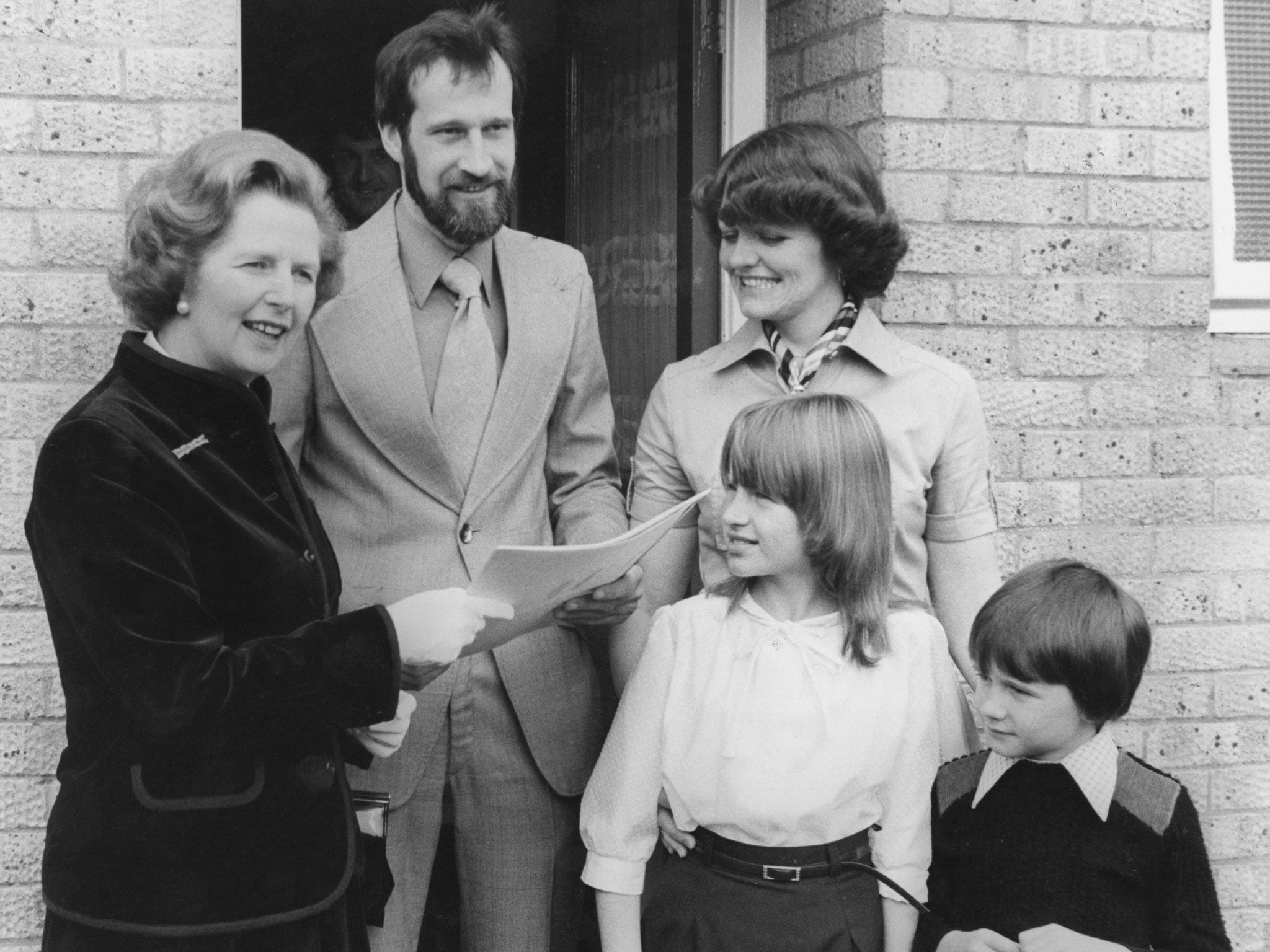Was Margaret Thatcher a liberal?
Her champions say the former PM promoted individual freedom. But her record shows precious little proof of this

Margaret Thatcher: loved by libertarians, yet one of the most authoritarian prime ministers of the past century. How can this be so?
Let’s start with policing because it’s the most authoritarian aspect of her premiership. Who can forget the images of “Maggie’s Boot Boys” deployed to crush strikers. Why do so many civil libertarians get all dewy eyed over her? One explanation might be the Police and Criminal Evidence Act (PACE) 1984, which marked the beginning of civil liberties legislation in policing. There were no regulations in law relating to, for instance, the right to enter a suspect’s premises, before PACE. Although Labour are often ‘blamed’ by Conservatives for the police’s (still rather limited) accountability over things like stop-and-search, these checks and balances actually began under Thatcher.
Social strictures
When it comes to social issues there‘s even less to recommend her as an icon of liberty. Thatcher was never going to win any medals for being the most progressive thinker on LGBT rights; as well as doing little to stem the vilification of gay men that came with increased panic about AIDs, her government was responsible for Section 28; perhaps one of the most spiteful pieces of legislation in modern times. So does she deserve any credit from social libertarians? Well, perhaps for two reasons in particular, she does. Thatcher was one of the first Conservatives to vote in favour of decriminalising homosexuality, at a time when it was still controversial at best. And, often forgotten by many social conservative Thatcherites, she voted yes to David Steele’s bill to legalise abortion, which became the 1967 Abortion Act. No, this doesn’t make her Simone de Beauvoir, but at a time when being pro-choice was not the popular consensus as it is now, and abortion was regarded as murder by a sizeable portion of voters, for a woman in parliament at a time when women in parliament were an anomaly, it was still a pretty brave thing to do.
Still, on the question of feminism, there should be no confusion. It’s true that Thatcher disproved no end of sexist myths about women – her leadership skills alone make Cameron look like a sixth former – yet it was always clear that, far from Thatcher’s success being some brow-furrowing point of contention amongst left-wing feminists, the left-wing feminists and Thatcher were in complete agreement: feminism is by its very nature collectivist. “I hate feminism,” Thatcher once said. “It is poison.”
The contradiction lies not with us, but with modern Tory feminists like Louise Mensch and Amber Rudd, who seem confident that feminism can be individualistic, after all, and celebrate Thatcher as a feminist icon, against what are seemingly her own wishes. Thatcher’s understanding of feminism seems more accurate than theirs: being a woman and supporting yourself is not the same as supporting women. If individual self-advancement is what you believe in, say so. The misappropriation of ‘feminism’ by modern Tories is just as problematic as Thatcher’s rejection of it; perhaps more so. Privileged women given speedy access to parliament through women’s shortlists, or parachuted on to party A-lists, often backing or even introducing anti-woman legislation when they get there, but serving to help the privileged men running the party look pro-women: that ‘s where their 'feminism' gets us.
Press freedom
Of course, it’s not just Tory women who use Thatcher to advance their own interests, even where it contradicts the realities of Thatcherism. Guido Fawkes, who closed down his blog on the day of Thatcher’s death as a mark of respect, is one of the loudest defenders of ‘press freedom.’ Yet Thatcher herself was often something of an antithesis to press freedom. In fact, she was described by investigative journalist Duncan Campbell as “utterly disdainful of press freedom and open government” in an article recorded here by the Index on Press Censorship. What would the likes of Guido make of that?
Margaret Thatcher said her greatest accomplishment was New Labour. Tony Blair, in turn, said his greatest achievement was how he changed the opposition. Perhaps an ‘achievement’ they both share is to change what we mean by liberty.
For the economic liberalism of Thatcherism, intended as a means to empower individuals, intended as a tool to reach an end, has now become the end in itself. The coalition’s brand of liberal economics is being driven not by ‘wealth creators’ but beneficiaries of inherited privilege. Whether out of political or economic wisdom, or both, Thatcher stopped short of privatizing things like the NHS. Cameron shows no such restraint.
But the fantasy of what Thatcherism represents has now transcended the policies, and even the woman herself. More important is the fantasy that, as Louise Mensch put it: conservative means achieve liberal ends. Yet, the irony is that Thatcher’s own premiership is a picture perfect example of how, oftentimes, the very opposite of that ends up being true.

Join our commenting forum
Join thought-provoking conversations, follow other Independent readers and see their replies